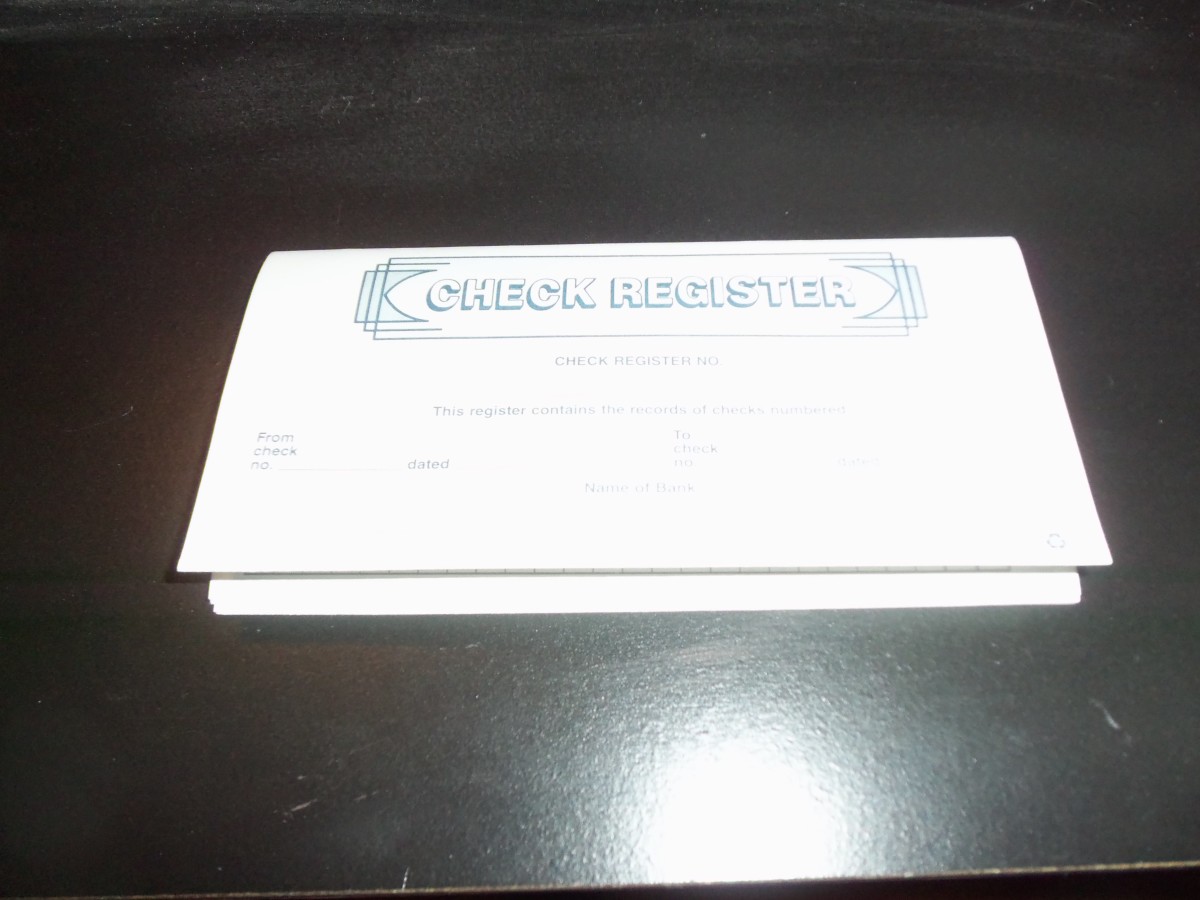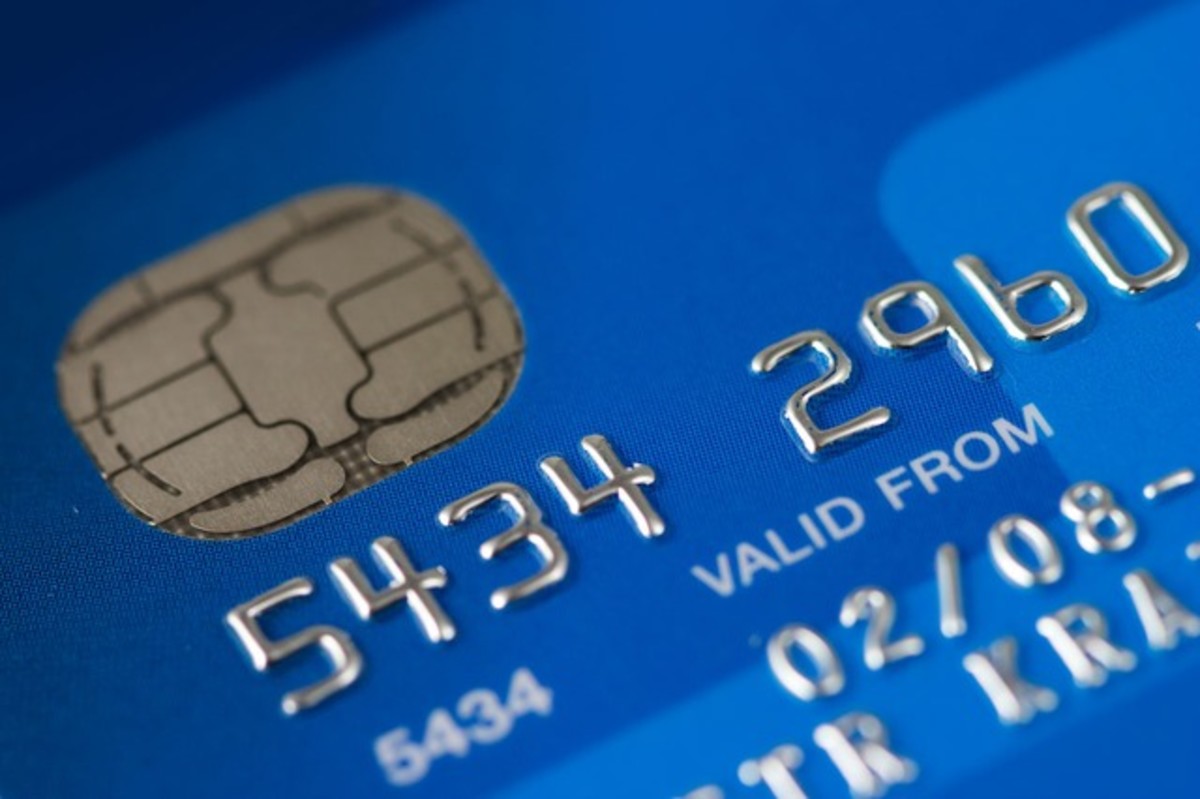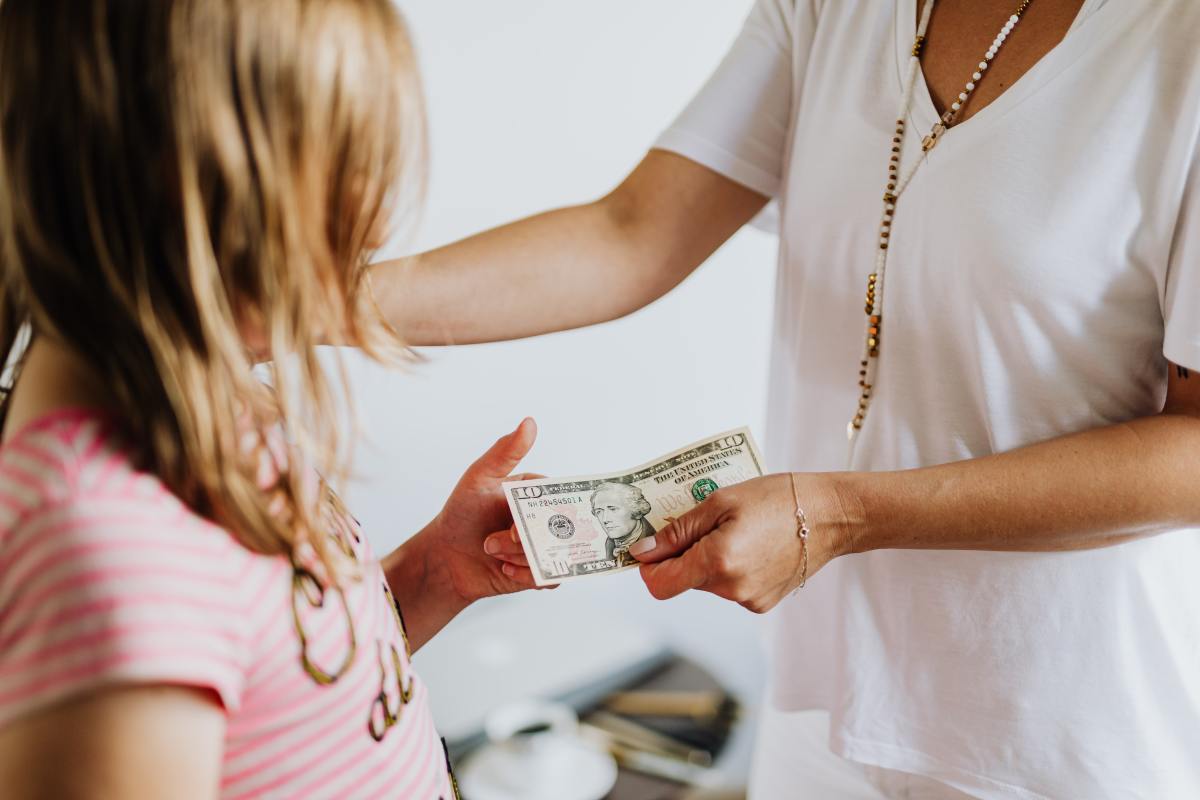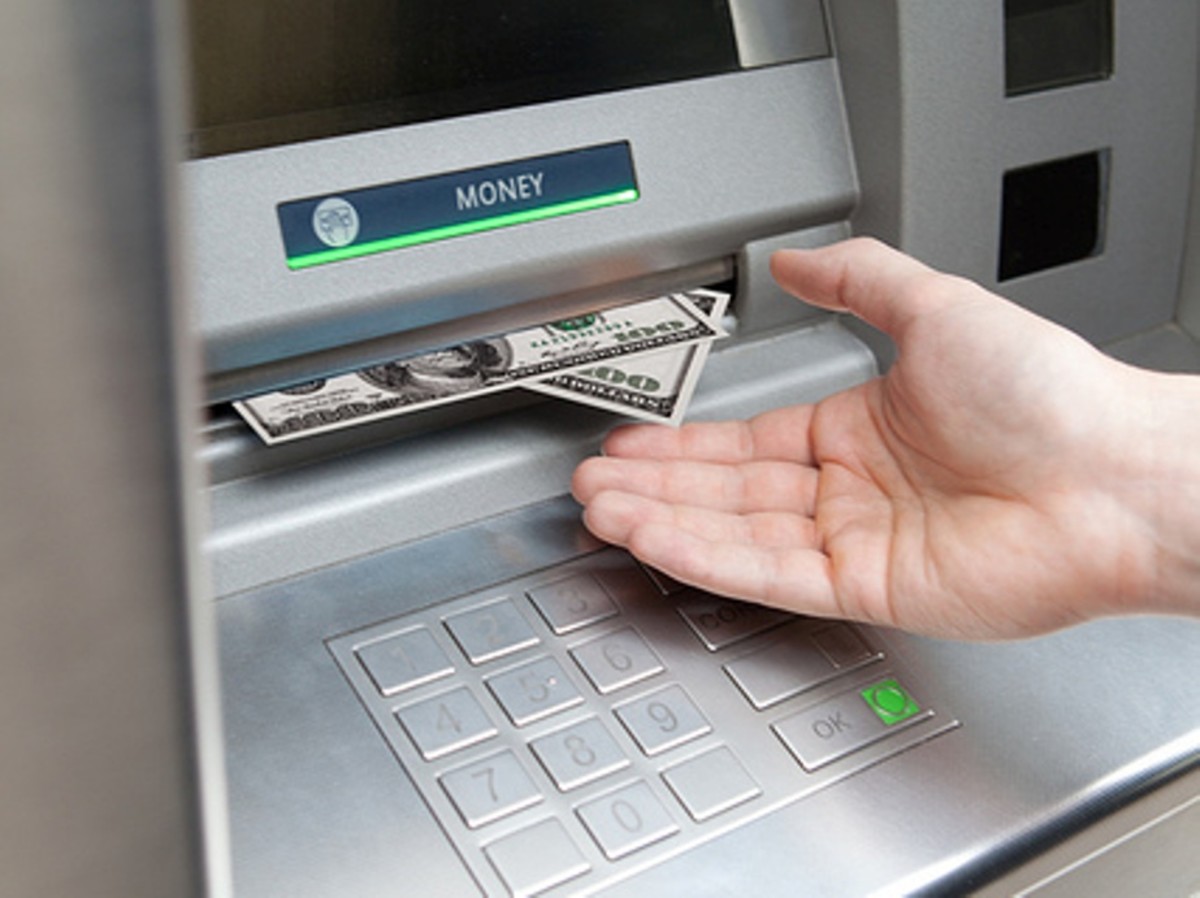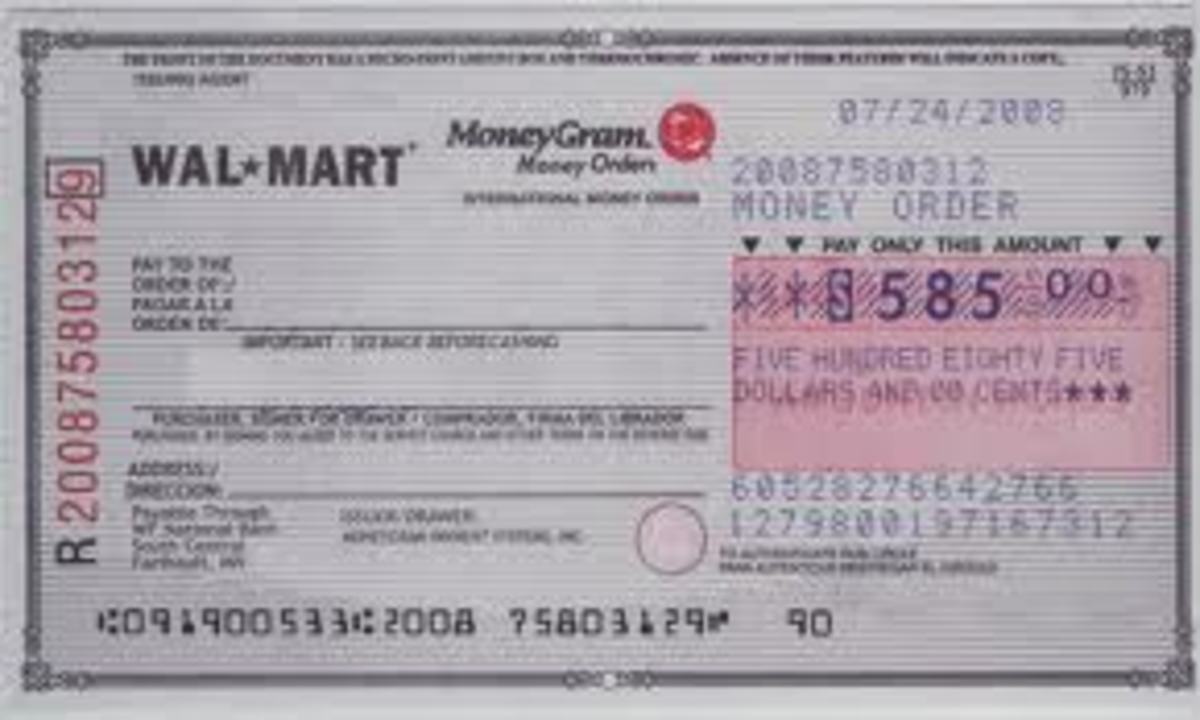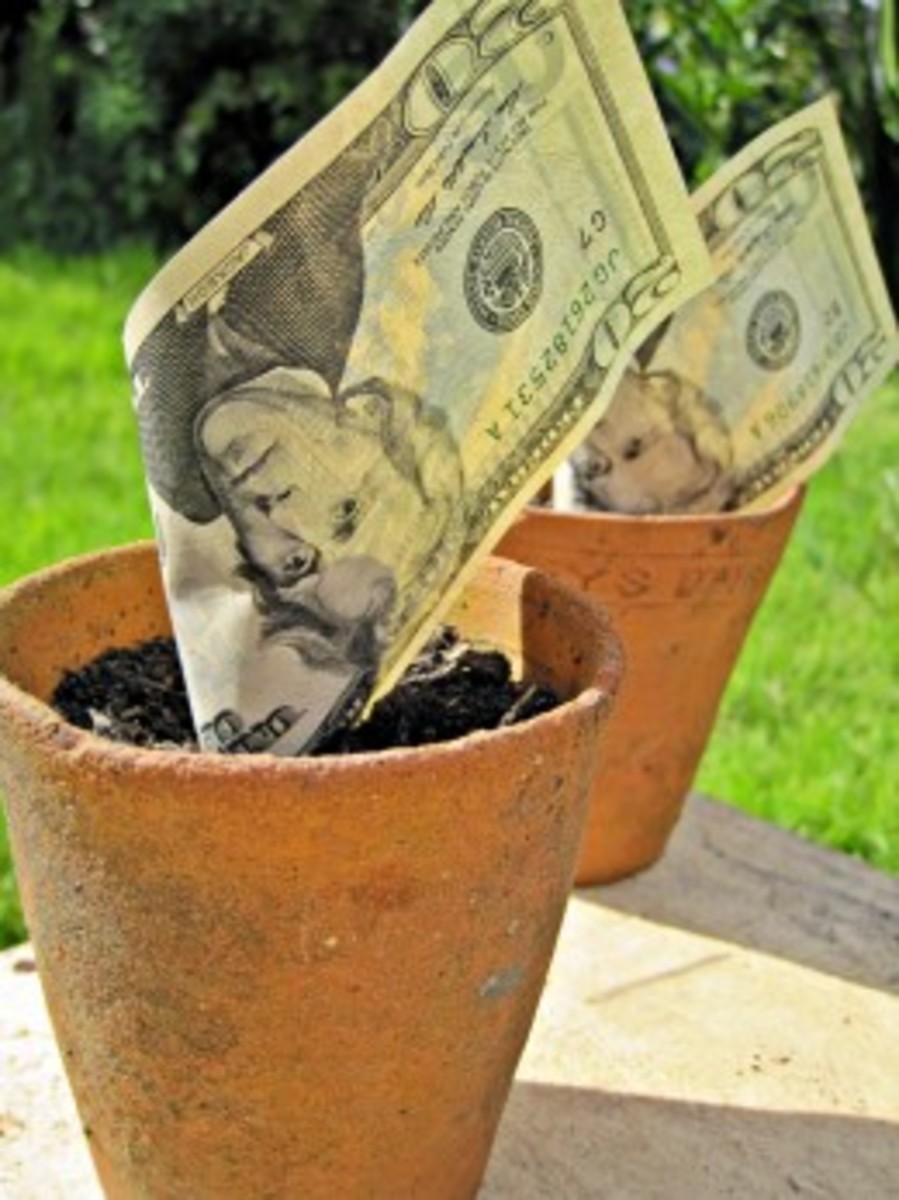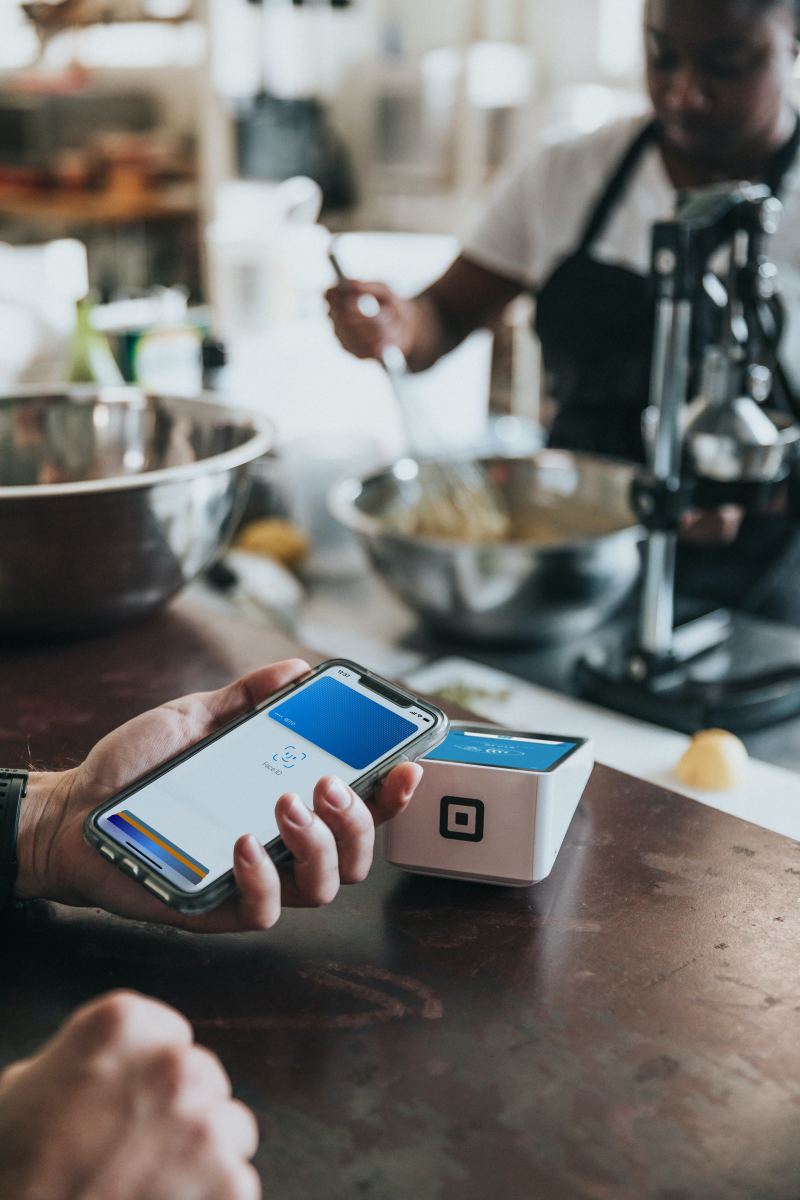Avoid OVERDRAFT FEES - Learn How BANK Accounts Work
Avoid Overdraft Fees
Avoid OVERDRAFT Fees - Checking accounts: Courtesy of www.comparemybank.com
A checking account allows you to write checks to other people or companies, deposit or cash checks that people or companies write to you, and they allow you to pay bills by electronic withdrawal. Typically you get a debit card or a check card with a Visa/MasterCard symbol in corner. Checking accounts with major banks like JP Morgan Chase Bank, Wells Fargo, Bank of America, BBVA Compass, Citibank, US Bank, PNC Bank, Union Bank, Capital One Bank and Charles Schwab Bank all offer both debit and check cards for their checking accounts.
When it comes to avoiding overdraft fees with your check card, it can be confusing. Do I have a ATM card? Do I have a debit card? What is a check card?
An ATM card connected to a checking account, is also a debit card. These usually do not have the Visa or Master Card logo on them which will help you avoid overdraft fees. These cards usually just have your name and the bank name along with the card number. Remember, if it is connected to a checking account, you also have the debit feature even though there is no VISA or Master Card logo on it. This means, you can use ATM machines to get cash and you can purchase anything you want electronically as long as the place you are at accepts DEBIT cards. Debit basically means PIN number. When you purchase something using Debit, you slide your card... enter your pin number and press enter. This takes the money out of your account right away. Overdraft fees are easier to manage because the money is instantly out of your balance so you can get a true balance when you call in to check. Typical places that accept debit are gas stations, grocery stores and convenience stores, but not major department stores or internet purchases which require Visa, Mastercard, American Express, Chase Sapphire and Discover.
Check cards are different. These have a lot more purchasing power. They do all the above; allow for cash at ATM machines, allow you to purchase as debit, but they also allow you to use the power of credit (Visa or MasterCard, American Express, Discover, Chase Sapphire) to make purchases anywhere that Visa or MasterCard is accepted...which we all know, that means EVERYWHERE including all internet or online purchases. Now remember, it is the power of credit, that is not the same as a credit card. When you use a check card to purchase something using the Credit option, the card uses the power of Visa or MasterCard to make the purchase, and it is debited directly from your checking account. That means, you will not get a bill and there is no interest to pay. Credit cards are loans. When you use an actual credit card to make the purchase you get a monthly bill that you need to pay back along with interest.
Avoid Overdraft Fees
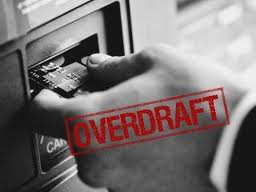
Check cards work differently with your checking account. Lets say you use debit. As stated above, you slide your card and enter your pin number, then press enter. The money is taken out right then and there. Your checking account will reflect the charge immediately and your balance will decrease.
With a Check Card, you do not use a pin. Your card is ran using VISA or MasterCard and you use your ID and sign for the purchase just like a credit card.
When the cashier verifies your ID, they slide your card and if approved, an authorization code is generated. This creates a "float hold" on your checking account and the funds are no longer available for other purchases or items clearing your account. It is important to avoid overdraft fees, by keeping a ledger or checking account register. "Float holds" are tricky and they are havoc on your actual checking account balance.
A float hold decreases your available checking account balance but it is only temporary. Float holds "fall off" of your account and the money is no longer frozen which means your checking account balance goes back up. Then, once the charge slip that you signed actually gets to the bank (electronically), which happens when the cashiers terminal closes out and requests payment, then and only then is the payment actually posted to your checking account, decreasing your balance permanently for the purchase amount. Understanding this process will help you to avoid overdraft fees.
I know that is a lot to take in, but basically, when you use the credit option of your check card (Visa or MasterCard), all that is happening is a little man is running from where you are, to your bank, and then running back to where you are to tell the cashier that you have money in your account and that it is safe to give you the goods.
The only way to really keep track of debit, credit, float holds, etc is to keep a ledger or check register and create a cushion in your account. You can do this by saving $100. Once you have $100. in your account, go back to your check book and start at ZERO. Then deposit your paycheck like normal and go from there. This way, if you ever mess up and forget to deduct something, and you are not able to track the purchase because of a float hold, you don't have to worry. If you were going to go negative a few bucks or more, you can avoid overdraft fees. You're safe because you have the cushion there. Otherwise you will get charged VERY HIGH overdraft fees. You can also Overdraft fees are actually supposed to be a service to you because it allows you to spend more money than you have at the time of purchase, so that when you make a purchase, you don't get declined (or so that your checks don't bounce,) and you are spared the embarrassment. But that "declined status" may be worth the $30 to you... Ask your bank about opting out of that service. (See the OVERDRAFT section below).
Avoiding overdraft fees - Electronic withdrawal, ACH, check by phone.
There are other ways that money can be taken from your checking account. An electronic withdrawal is the same as ACH and check by phone. ACH stands for automatic clearing house, which is a centralized location where checks clear. Most banks process the larger checks or transactions before the smaller ones because doing so will produce more overdraft fees
Lets say you need to make your car payment, or house payment...even a credit card payment...most places will let you pay using a check over the phone or online. This is accomplished by using the numbers on the bottom of the check. There are 9 numbers on the bottom left of the check. This is called an "ABA" number, or "Routing" number. Then there is your account number and the check number. You read them the numbers on the bottom form left to right and they create a paper draft for you and submit it like a check. This electronically debits your account.
ACH is the same method used for Direct Deposit. It just works the other way. Instead of taking money electronically, they credit you. This keeps you from having to go to the bank all the time. When you have direct deposit, when pay day comes, basically you wake up and the money is already in your account. You just log in to online banking or call your banks 800# to verify if the deposit/credit was made.
Avoid overdraft fees with your savings account.
Savings Accounts.
Does a lot need to be said about this? The account is basically used for exactly what it is named after... SAVING money! :)
Savings accounts usually have a minimum balance requirement (usually $300.) and if you fall below the minimum balance, you will be charged a fee for that month. Also, if you do more than 2-3 withdrawals per month, you will be charged an excess activity charge which is usually around $10-15 bucks for that month. The banks are regulated and on savings accounts, there are charges for things like excess activity because you can not treat a savings account like a checking account. If you have some cash and want it to gain more interest but don't want it in a savings account, put it in a money market account.
Money Market Accounts.
Money Market accounts are like savings accounts except they are for people that generally have more money. The minimum balance requirements for money market accounts are higher. Generally from $2500. up to $15000. - but, you get higher interest rates! You also get more flexibility. You can do up to 6 withdrawals per month and 3 of them can be by check. Yes, you get a small book of checks with money market accounts. Do not exceed the 6 withdrawals or 3 by check or you will get a hefty fee...upward ot $25 bucks! This is a great account for people with $2500. + and want to get better interest AND don't plan on touching it for a few months at least.
Overdraft & NSF Fee's.
So you check your balance online using online banking, or you call the 800# to check your balance and you find out it is negative (overdrawn). :( It is always a sinking feeling when you realize your Starbucks coffee wasn't $3.95, it was actually $38.95 because of an overdraft fee of $35.00!!! Sure Starbucks only got $3.95 for their foo foo coffee but the bank got $35.00 because the coffee purchase caused you to go negative.
HOW DID I GO NEGATIVE?! HOW DID I GET OVERDRAWN!? I called and the bank said I had money. I looked online and I have money, so how could this small purchase overdraw me? This is where we go back to "float holds". The authorized purchased cleared at a later date...and too often we forget about these small charges like coffee or a movie ticket...and BAM you get hit with an overdraft fee when it finally does clear, 3, 5 and sometimes 7 days later. Honestly, banks count on you doing this. The entire card system is designed to do one thing... take your money.
The bank creates "cut off" times, "float holds", hold on deposited checks, cash that does not credit until the next business day because you came in after 4PM so they were on the next business day, etc. It is all designed to cause inconsistency in the system that will put the odds of you going negative in their favor so they can charge you a fee.
As of September of 2011, here are the overdraft fees for some major banks:
Bank of America overdraft fee: $35.00
JP Morgan Chase Bank overfraft fee: $35.00
Wells Fargo Bank overdraft fee: $25.00 for the first, then $35.00 for each after
BBVA Compass overdraft fee: $38.00
Citibank overdraft fee: $34.00
US Bank is different - 20.00 or less $10.00 overdraft fee AND $20.01 or greater is $33.00 per item
PNC Bank overdraft fee: $36.00
Union Bank overdraft fee: A per-item overdraft fee of $22-$34; the fee varies according to the number of overdrafts you've had in the past 12 months
Capital One Bank overdraft fee: $35.00
Charles Schwab Bank overdraft fee: $ NO Charge
Avoiding overdraft fees - Cut off times and Next business day processing
Cut off times/Next business day:
Most banks perform a daily switch over at 4:00 o'clock. They just say they have to switch over to the next business day in order to send the checks out to be processed and that the people or, courier that picks up the checks to be processed come in shortly after 4 so they have to switch over. This isn't supernatural. The people in the branches have no control over this, but the banks "upper management" or "bank policy" is to have the checks picked up between 4 and 5 PM. But that is just because they choose too so they can perform a switch over.
They could elect to have their checks picked up after 5 thus keeping the same business day all day like some other banks. The benefit to switching over is, they will still allow you to come in and deposit items, but they are the next business day meaning if something comes in to clear that night at midnight, it will not clear against the deposit you are making that day because it was deposited on the "next business day" since their systems have already been switched to the next day after 4PM.
This is bad for you but good for them...even if you think a check might clear tonight and you go to the bank and put cash in, the cash is in your available balance right away and can be used for withdrawal or by using your debit/check card, but it will not pay a check at midnight since the cash is technically being deposited on the next business day. Ya, its BS.
They only way to be safe is to deposit before 4PM unless your bank is an "online" bank. Online banks mean there is no cutoff time, everything you do counts as the same day, from open to close with the exception of saturday. With an online bank, if you make a check or cash deposit today, and items clear tonight, your fine because the credit is immediate.
Be careful depositing in ATM's because they usually have cutoff times of 2:00PM, 2:30PM and 3:00PM, so you might be screwing yourself for no reason since you can still go in to the branch and make a deposit before 4:00PM. ATM deposits will usually credit you the next day unless the item you are depositing is placed on hold by the bank.
Night drop deposits are a little quicker. You can drop them anytime and the branch will process them each morning so if your not free during the day or cant make it by 4 tomorrow, go the night before and use the night drop since they will process them first thing in the morning...then if something clears at midnight, your safe :)
Avoid Overdraft fees with an Overdraft Protection Line of Credit
Overdraft Protection.
There are a few ways you can protect yourself from overdraft fee's. You can open a savings account and have it connected as backup to your checking account. This way, if you go negative, your savings will advance money to your checking account and you do not get overdraft fee's. You can also apply for an overdraft line of credit if your credit is moderate to good. This will act like a credit card or a small personal loan and will advance money from the line of credit to cover your purchases and you pay it back like a credit card or loan. These lines of credit usually have annual fee's and a daily interest rate. You can also get a credit card and attach it as a line of credit. Most major banks will allow you to connect their credit card..meaning a credit card issued by them and not another bank. Bank of America, Chase, BBVA Compass, Union Bank, Wells Fargo, PNC Bank, these all have credit cards that you can attach to your checking account as a form of overdraft protection.
A good way to avoid paying fee's and zero interest is to save 100-200 bucks and put it in your account and start at zero. This way if you forget about a small purchase or float hold, etc...instead of going negative, it will pull from YOUR money with no advancing required.
In closing, keep track of your money OR create a cushion so you dont have to write down each and every transaction. No one can do this faithfully and still keep their sanity with all the other things in life that we have to keep up with. Remember, banks are FOR PROFIT... not NON PROFIT. You have to FIGHT for what is yours, for what you want and to get fees reversed. The more you complain and ask for manager after manager and regional manager and corporate office phone numbers, the more likely you will get fees reversed. Think accordingly.
Avoid overdraft fees - Joint Accounts
JOINT ACCOUNT RULES.
If you have a joint account with someone, either of you can do whatever you want. It is really hard to avoid overdraft fees with two people on the account because you do not know every transaction he or she makes. You can deposit your own checks and each others checks. You can withdrawal money at anytime without the other person present. You can take the other persons check and take it to the bank and deposit it in the joint account and then take the money out. Basically when you have a joint account you are BOTH responsible for whatever happens to the account.
So lets say you and your boyfriend or girlfriend have a joint account. You both have debit/check cards on the account. If he/she spends too much money and you go negative and get a bunch of fee's, you are both responsible for the overdraft fees and the account. So, if you let the account stay negative, the bank will close the account and send the amount owed to a collections. They also report you to Checksystems. The record for Checksystems if 5 years. You can not open an account at another bank while you have a record. There are some banks that will still let you after a year or two IF the money was paid back to the other bank and your account would be restricted until you can prove you can keep your account from going negative.
Bottom line, do NOT get a joint account with ANYONE. Even your husband/wife. When things go bad, or one of you gets mad, etc... your record gets screwed when all the money gets pulled out and the account goes negative because of outstanding card purchases and checks. As a result, you get charged overdraft fee's and eventually the account closes and you are placed on Checksystems.
P.S. DON'T EVER CO-SIGN for a loan for someone either! You may be in love now, but if/when things go south, you will get screwed.
- The NEW iPhone 5 - Coming in 2012
The NEW iPHONE 5 is coming!!! Details, features and benefits are here. The all new iPhone 5 is a full redesign with outstanding performance and features that out perform Andriod.


